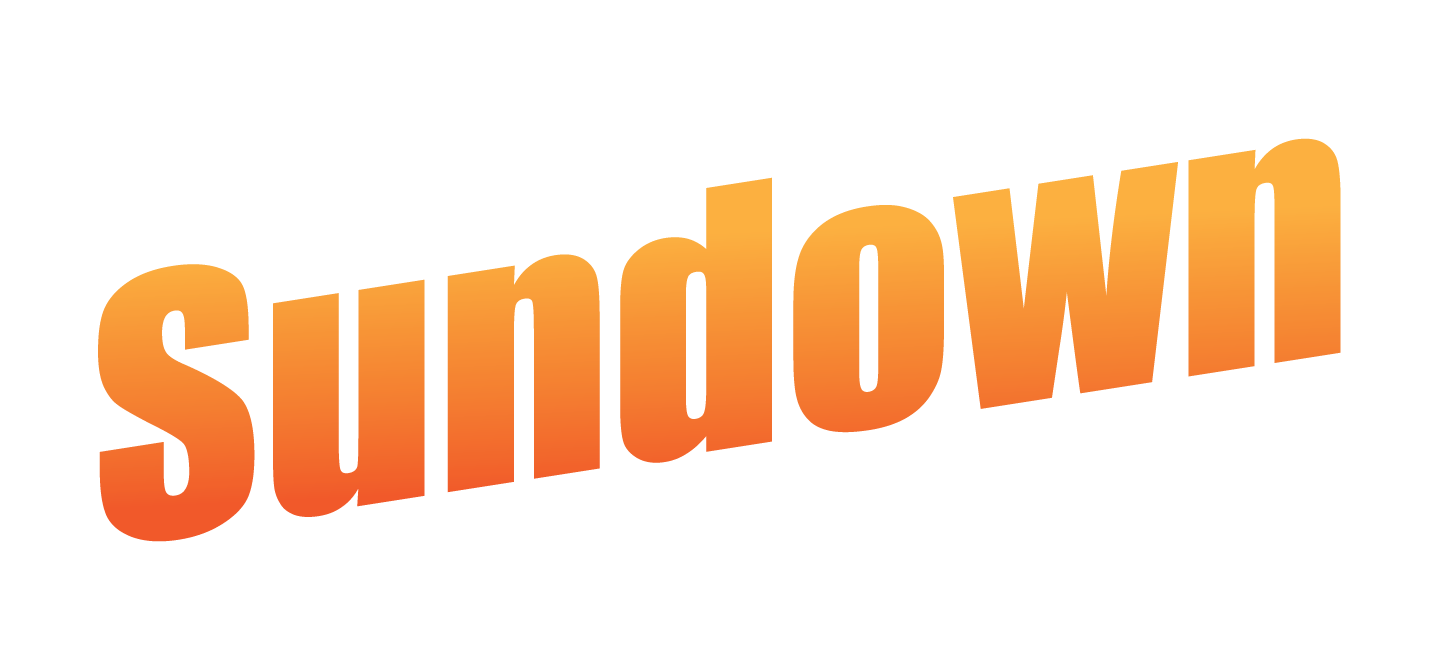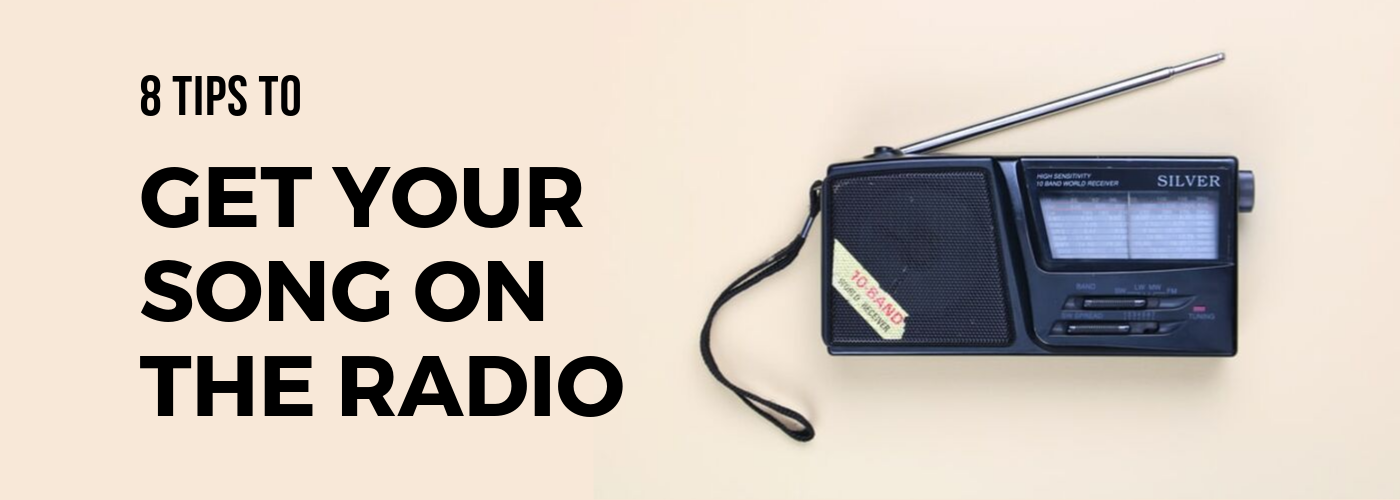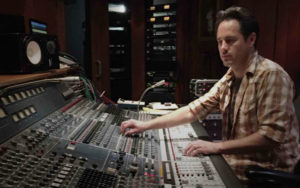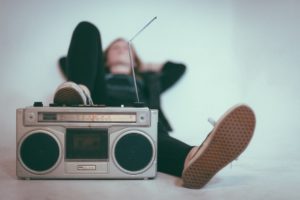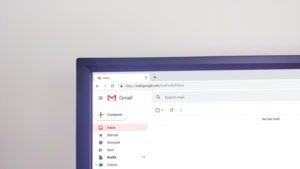In the age of streaming, many indie bands tend to brush over the importance of radio airplay. However, if your able to get your song on the radio it can have a big impact on your career.
It’s an awesome way to get your music in front of hundreds and even thousands of listeners all at once. Not only that, but the royalty payout from radio play is much higher than that of streaming.
If your song is only played once it may not amount to much, but if you’re lucky enough to have your music aired on the radio regularly, you can start to make a nice income.
All of this considered makes radio an appealing avenue but there’s one problem. The process of how to reach out to radio stations and get your song played can be a little murky. It’s not something you want to execute poorly, as you don’t want to ruin what could be a great relationship.
So, we’ve compiled this plan of action for artists looking to get their music aired and heard by a large base of eager listeners.
1. Write a Great Song
As in any area of the music industry, the most important thing you can have is a great song. If you don’t put time into the writing process and are going around promoting music that isn’t well thought out, can you really expect a DJ to play it?
Sure, you may be able to take a half-good song, plug it lots with a couple of indie stations and get a little bit of air time. There are even places out there where you can pay to have your song played on the radio.
However, all of this is pretty pointless if you’re music isn’t worth listening to. The main reason for getting on the radio is to gain a new following and this won’t happen if your music has no appeal. So, make sure what you’re submitting is your best possible work.
The solution is to give your music the attention it deserves during the writing process. If you’re passionate and believe in the music you’re putting out there, people will recognize this and your songs will stick with them.
2. Properly Record Your Music
If songwriting is the most important thing when trying to receive radio play, the quality of its recording is a close second.
You could have an amazing song but radio personnel hear tons of great music every day, so this isn’t enough. When comparing a well-produced track to a poor production they’ll usually choose the former.
The only way to really compete with all the high-quality music out there is to have a high-end recording yourself. There’s a common misunderstanding that studio grade recordings are too much money to be worth the hassle. So, the indie artist usually avoids this.
However, that couldn’t be more far from the truth. In fact, recent years have seen a number of online options that bring professional productions well within reach of the indie musician.
At Sundown Sessions Studios we work with artists from around the world every day. Songwriters are connected with some of the world’s finest studio professionals for a fraction of the cost of going into a physical location. Head to our packages and pricing page to find out how we can bring your songs to life.
It’s much easier for industry professionals to digest your music once you have a well recorded song. If you do you’ll be happily surprised at the opportunities that come your way.
3. Register With A Pro
If you do manage to get your song on the radio you can start to receive a fair amount of royalties. However, in order to be able to collect these royalties you need to register with a performance rights organization.
These are companies that work on behalf of the artists to collect royalties and deliver them to the songwriters.
In the United States the two primary PROs are ASCAP, BMI and SESAC. In Canada it’s an organization known as SOCAN and our international friends can find their PRO here.
Which Performance Rights Organization are you with?#ascap #bmi #sesac #pro #publishing #musicpublishing #musicartist #musicproducer #rapper #singers #songwriters #songwriter #beatmaker #singer #rappers pic.twitter.com/lGkMM3hk5e
— CentricBeats (@CentricBeats) September 5, 2019
Even if you haven’t begun to pitch your music to radio stations this is an important step to do as early as possible. This way you’ll be able to start collecting royalty payments as soon as you see the slightest success.
We dig a little deeper into this subject in a recent interview with Paul Stillo on our sister site Sync Songwriter.
4. Target The Proper Radio Stations
If you’re a country act there’s no point in targeting a radio station that primarily plays metal. Not only is there no chance in getting your song played but it also comes off as disrespectful to the radio station. It shows that you didn’t take the time to research who they are.
If you don’t care about getting to know them, there’s little chance they’ll feel the need to return the favor. So, these scenarios will usually end in the artists having their emails blacklisted as spam.
The same goes with the scale of the radio station. Although you may want to get your song played on a hit radio station, a lot of these broadcast companies playing pop hits only air chart toping songs by commercial successes.
Your efforts are probably better spent elsewhere, so it’s important to be aware of these stations.
5. Submit In The Requested Format

The days of sending your music in on a mix tape are pretty much gone, but most radio stations still have a preferred format for submissions.
Almost every radio station has a preferred format for receiving song submissions. Some stations go as far as to have their artists make a profile in a designated portal and submit that.
However, for most stations it’s a lot simpler and they may just request a specific file type, such as a .WAV or .MP3, of a certain sample rate, bit depth and loudness level.
Information on how to submit your music to a certain radio station may require a little digging to uncover. So, there’s never any harm in sending an email to ask if a broadcast company has any requirements.
6. Create a Killer Press Kit
If you’re a smaller indie band there’s a good chance the radio station hardly knows anything about you. So, sending along an eye-catching electronic press kit is a great way to introduce yourself to the station.
Just made an EPK. WOO we look good with a little a e s t h e t i c pic.twitter.com/d9jDMBbwWC
— Acres Even (@AcresEven) September 4, 2019
An electronic press kit, or EPK is a one-page synopsis of what makes your band unique. It should feature promotional photos, a biography, videos, music (of course) and anything else the station should know about you.
This helps get them invested in your songs before they’ve even listened to them. For further tips on this check out our guide to creating a memorable artist press kit.
7. Write Informed, Personal Emails
The more you can do to set yourself apart from the slew of other artists emailing radio stations, the better.
So, be sure that you aren’t copying the same impersonal email to every radio station. This is easy to pick up on and it sends the message that you don’t really care about who supports you. You’re just sending your music to as many people as possible and hoping someone takes interest.
Instead, take the time to do a little research into who you’re emailing. Learn the names of the person attached to an email and check out some of the station’s radio programs and past artists they’ve featured.
Mentioning that you’ve heard their work and suggesting how your music aligns with what they’ve done in the past will put you on their good side right from the start.
8. Follow Up
A good practice in any type of music industry communications is to follow up on your emails if you don’t get a response.
Obviously, this doesn’t mean emailing the contact every single day and spamming their inbox. On the other hand, if you don’t hear back from them after a week or two, it’s totally okay to send them a quick check in, asking if they’ve gotten a chance to read your email.
These people get hundreds of emails every day. So, there’s a good chance they may have missed your message or haven’t gotten around to checking it out yet. Being politely persistent will help you stick out from other acts and speed up the process.
So, How Do You Get Your Song on The Radio?
In a nutshell, starting with a high-quality recording of a well-written song is the most important thing you can do to get your music aired on any station. With this in hand the rest comes down to properly building relationships with the radio stations you hope will play your music.
Take the time to research stations dealing with your genre and what format they ask songs to be submitted. Use this information to write personal emails and follow-up if you don’t hear from them in a week or two.
Finally, don’t forget to register your music with a performance rights organization early on so you can start collecting royalties once you get some airtime.
Don’t be discouraged if you don’t get much notice right off the bat. This sort of work can take time as it’s all about building relationships and respect from certain stations.
That said, you’ll start to see a positive outcome if you’re persistent, patient and calculated. The best part of it all is that the more airtime you get, the more people will hear your songs and the better chance you have of getting played on another radio station in the future.
If you found this guide useful be sure to share it with your friends. Check out the rest of the Sundown Sessions Studio Blog for more tips on songwriting, home recording and music business.
